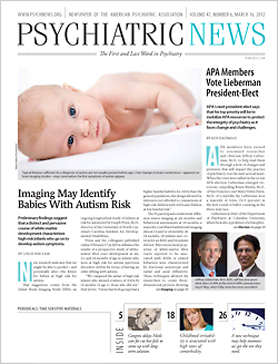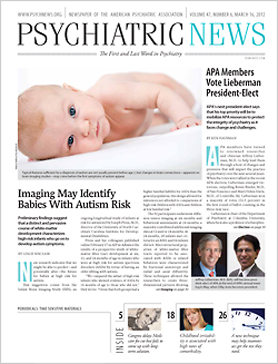The National Institutes of Health (NIH) announced last December that its autism research data repository, the National Database for Autism Research (NDAR), has formed a data partnership with the Autism Genetic Resource Exchange (AGRE).
NIH said the collaboration positions NDAR as possibly the largest repository of genetic, phenotypic, clinical, and medical imaging data related to research on autism spectrum disorders (ASDs).
AGRE, a project of the science and advocacy organization Autism Speaks, is a research program for families who have two or more children on the autism spectrum. AGRE currently houses a clinical dataset with detailed medical, developmental, morphological, demographic, and behavioral information from people with an ASD and their families.
NDAR’s mission is to facilitate data sharing and scientific collaboration on a broad scale, providing a shared common platform for autism researchers to accelerate scientific discovery. Built around the concept of federated repositories, NDAR integrates and standardizes data, tools, and computational techniques across multiple public and private autism databases. Through NDAR, researchers can access results from these different sources at the same time, using the data set to conduct independent analyses, supplement their own research data, or evaluate the data supporting published journal articles, among many other uses.
Databases previously federated with NDAR include Autism Speaks’ Autism Tissue Program, the Kennedy Krieger Institute’s Interactive Autism Network (IAN), and the NIH Pediatric MRI Data Repository.
Approved NDAR users will have access to data from the 25,000 research participants represented in NDAR, as well as from 2,500 AGRE families and more than 7,500 participants who reported their own information to the IAN.
“The collaboration between AGRE and NDAR exemplifies the efforts of government and stakeholders to work together for a common cause,” said Thomas Insel, M.D., director of the National Institute of Mental Health (NIMH). “NDAR continues to be a leader in the effort to standardize and share ASD data with the research community and serves as a model to all research communities.”
NDAR is supported by NIMH, the Eunice Kennedy Shriver National Institute of Child Health and Human Development, the National Institute of Neurological Disorders and Stroke, the National Institute of Environmental Health Sciences, and the NIH Center for Information Technology.


